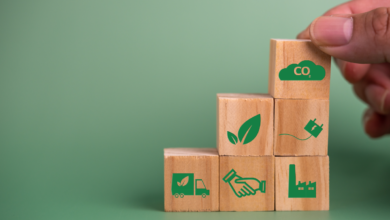The journey from pole to pole by electric car ends

Started last March 31, Chris and Julie Ramsey traveled from pole to pole by electric car between frost and mountains
“We are the first people in history to travel by electric car from the magnetic North Pole to the South Pole”. The announcement was entrusted to Instagram and arrived when for us it was about midnight. It was posted by a pair of Scottish adventurers Chris and Julie Ramsey, who finished their ride from pole to pole in an electric car. Starting on March 31, they covered 27,000 km in nine months, from pole to pole. The couple arrived at their destination on December 15, but could only share the news after restoring the satellite connection.
They traveled aboard a Nissan Ariya e-4ORCE, modified with larger tires, along with some de-icing tools and reinforced bodywork. The powertrain and suspension were mostly standard, only slightly raised. The load needed to support the crossing naturally lowered the autonomy of the electric car. The Nissan Ariya could cover about 250 km instead of the usual 430. While crossing the Arctic and Antarctica, the Ramseys used tricks to keep the battery warm and improve efficiency. In particular, they built snow walls to protect the lower part of the car and the radiator from the cold wind. Sometimes they even used a dedicated tent to cover the vehicle.
To recharge, depending on the weather, they relied on a 5 kW wind turbine or a prototype for solar charging. There were times when it was necessary to resort to the gasoline generator, and mandatory equipment to cross the Arctic regions. The purpose of the trip was to demonstrate that electric cars can be viable alternatives to diesel in polar expeditions.
The journey between the two poles passed through the Americas. The northern part was relatively easy, thanks to the charging stations available along the way. In South America, it went a little differently. A collaboration with Enel X Way, however, allowed them to install chargers along their route through Central and South America. The company also promised to keep these charging stations publicly available.





